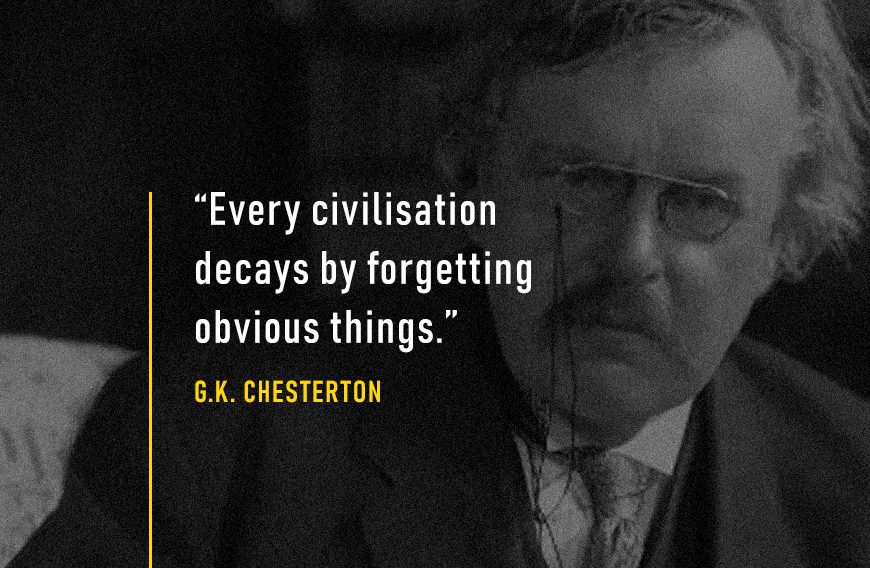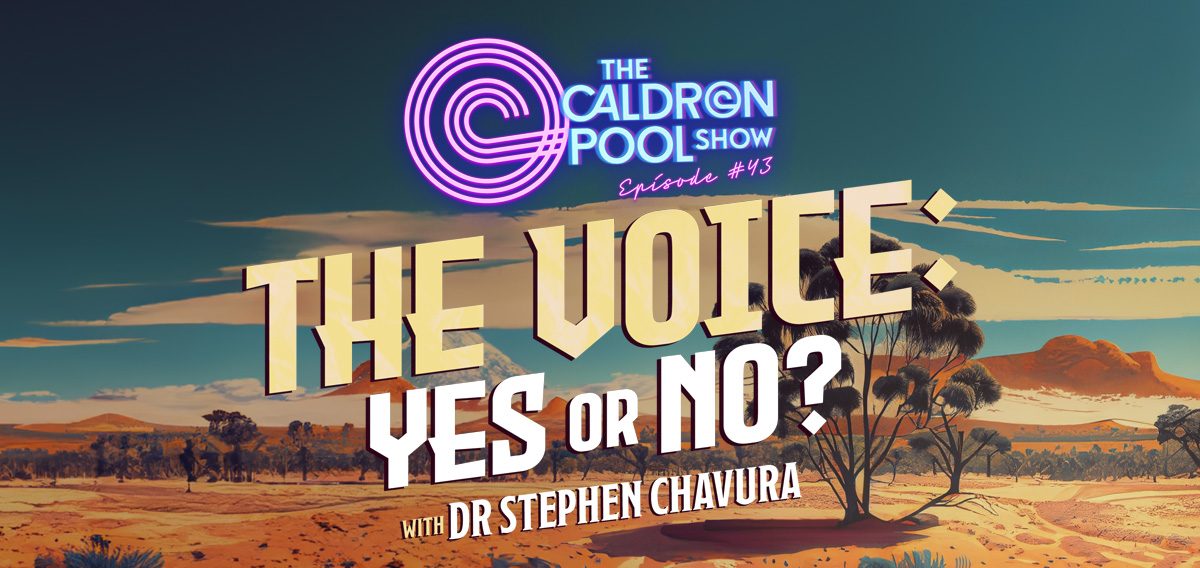Many of the folks pushing things like transhumanism, AI, posthumanism and so on have often made clear the religious nature of their endeavours. They see all this as a new religion offering full and final salvation – but of a radically different sort than traditional religion does.
While many atheists and secularists are enthralled by the bright promises of a new technological future, others with a religious bent are also a part of all this and are quite happy to tell us how old religions are being transcended and replaced in this world of AI and techno-futurism.
A critic of all this, James Herrick, has written extensively about these matters. In one 2017 collection of essays, he offered this summary statement: “Transhumanists speak confidently of achieving goals such as technological immortality, creating computer deities, and radically altering the human race through technological enhancements including genetic and nanotechnological interventions.”
And in another 2017 book, he puts it this way:
Religious categories such as miracle, resurrection, eternal life, and God are now contested territory, with old-style spiritual religionists pitted against new-style technological ones. It is no longer a question of science vs. religion, but of new scientific religions vs. old traditional ones.
A number of observers have suggested that we are currently witnessing the emergence of a powerful new technological religion. Some embrace the possibility while others detect in it serious dangers. As narratives that mingle an aggressive technological agenda with spiritual aspiration, technofuturist myths address the longing expressed by artificial intelligence specialist Hugo de Garis to “invent something” that would satisfy spiritual longing “and satisfy the criteria from your intellect, from your knowledge, from your science.” For de Garis this dream of wedding spiritual longing to technological realities constitutes “a kind of scientifically-based belief system that energizes, that creates a vision, that excites.” De Garis labels this hope, “the idea of god building.” Neuroscientist Sebastian Seung, a critic of Transhumanism, secures the point in writing, “The Bible said that God made man in his own image. The German philosopher Ludwig Feuerbach said that man made God in his own image. The transhumanists say that humanity will make itself into God.” Yet, the ethical details of this new technological religion are conspicuously absent from the discussion. De Garis, Seung, and many others raise the question: How should we think about the religious aspirations present in the Transhumanist vision?
James A Herrick, Visions of Technological Transcendence: Human Enhancement and the Rhetoric of the Future (Rhetoric of Science and Technology)
Two recent items making headlines around the world illustrate the sort of brave new techno-religious worlds we are heading to. And these matters should concern not just Christians but all of us who care about the road we are now travelling on.
The first comes from something Yuval Noah Harari recently has said. You remember him: the atheist, homosexual historian who is often associated with Klaus Schwab’s World Economic Forum and the Great Reset mob. He routinely says stuff that is all rather shocking, and his latest offering was no different. As one report states:
Harari — who has written Sapiens: A Brief History of Humankind, Homo Deus: A Brief History of Tomorrow, and 21 Lessons for the 21st Century — spoke last month about the future of AI and said it may soon greatly influence spirituality:
“It’s the first technology ever that can create new ideas. You know, the printing press, radio, television, they broadcast, they spread the ideas created by the human brain, by the human mind. They cannot create a new idea. You know, [Johannes] Gutenberg printed the Bible in the middle of the 15th century; the printing press printed as many copies of the Bible as Gutenberg instructed it, but it did not create a single new page. It had no ideas of its own about the Bible: Is it good? Is it bad? How to interpret this? How to interpret that?”
Harari then dropped a bomb: “AI can create new ideas; [it] can even write a new Bible.” He added that “throughout history, religions dreamt about having a book written by a superhuman intelligence, by a non-human entity” and that “in a few years there might be religions that are actually correct … just think about a religion whose holy book is written by an AI. That could be a reality in a few years.”
They may well try, but a combination of humans and technology producing a ‘Bible’ will not and can not ever be anything like the real Bible which is a combination of human and divine authorship, fully authoritative because it is God-breathed and God is a God of truth.
But another headline that has appeared is even more ominous and bizarre: “AI-powered church service in Germany draws a large crowd”. One write-up on it begins this way:
On Friday, over 300 people attended an experimental ChatGPT-powered church service at St. Paul’s church in the Bavarian town of Fürth, Germany, reports the Associated Press. The 40-minute sermon included text generated by OpenAI’s ChatGPT chatbot and delivered by avatars on a television screen above the altar.
The chatbot, initially personified as a bearded man with a fixed expression and monotone voice, addressed the audience by proclaiming, “Dear friends, it is an honor for me to stand here and preach to you as the first artificial intelligence at this year’s convention of Protestants in Germany.”
The unusual service took place as part of a convention called Deutscher Evangelischer Kirchentag (German Evangelical Church Congress), an event held biennially in Germany that draws tens of thousands of attendees. The service, which included prayers and music, was the brainchild of Jonas Simmerlein, a theologian and philosopher from the University of Vienna. Simmerlein told the Associated Press that the service was “about 98 percent from the machine.”
In this case, the remaining 2 percent went a long way, since ChatGPT doesn’t work by itself. Simmerlein guided every aspect of the service’s creation, working from the event’s motto: “Now is the time.” The sermon, which was led by computer-generated avatars of two men and two women, focused on topics of leaving the past behind, overcoming fear of death, and never losing faith.
“I told the artificial intelligence, ‘We are at the church congress, you are a preacher … what would a church service look like?’” Simmerlein told the AP. In his ChatGPT prompt, he asked for the inclusion of psalms, prayers, and a blessing at the end. “You end up with a pretty solid church service,” Simmerlein said.
Good grief. While all Christian activity is in one sense a product of the human and divine, the very thing that brings life and renewal and transformation is entirely divine. Without the Holy Spirit, there is no church, no church service, no pastor, no sermon, no ministry, and no life. All you then have is just humanistic mush.
But we now want to replace even God in our lives, and some churches are happy to go along with this. Sorry, no true Christian ever will. God’s words without God are nothing. ‘Church services’ without God are nothing. Religious rituals and ceremonies without God are nothing.
For two thousand years we have been battling the push by Satan to render God null and void – or at least to render God irrelevant and peripheral to the work of the Christian church. It has always been resisted by true believers, and it must be now.
And of course, the move to ditch God never ends with that vain attempt. The vacuum must always be filled – or attempted to be filled. If we really think that machines and technologies and things like ChatGPT can somehow fill the void, we are even bigger fools than we imagined.
Fallen man – aided and abetted by the devil – has always declared war on God and sought to displace him. This move toward a posthuman religion or a transhumanist, AI-based Christianity is simply the latest attempt to fulfil this diabolical urge.
The quote that appeared above by Seung is worth sharing here again, in a slightly different form:
The Bible said that God made man in his own image.
The German philosopher Ludwig Feuerbach said that man made God in his own image.
The transhumanists say that humanity will make itself into God.
They can try all they like, but we know who will have the last laugh. As we read in Psalm 2:1-4:
Why do the nations rage
and the peoples plot in vain?
The kings of the earth set themselves,
and the rulers take counsel together,
against the Lord and against his Anointed, saying,
“Let us burst their bonds apart
and cast away their cords from us.”
He who sits in the heavens laughs;
the Lord holds them in derision.


















